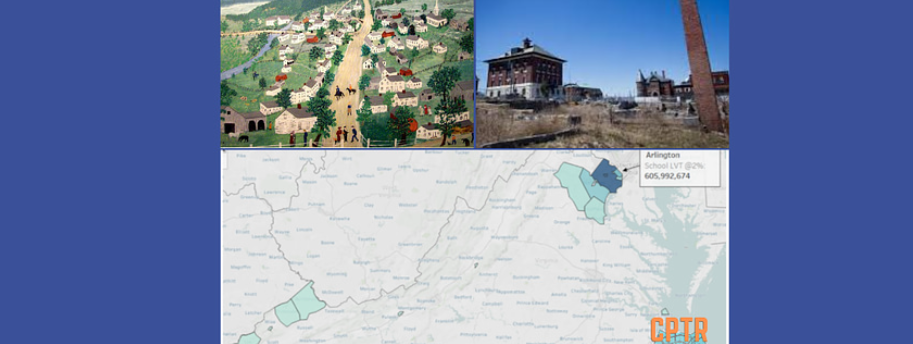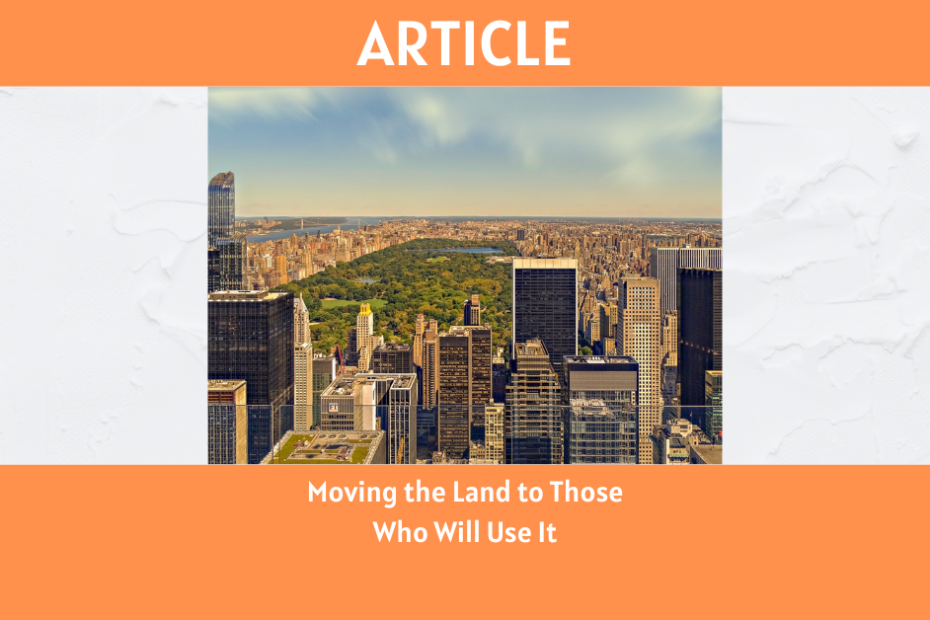Who Says You Can’t Have a State Property Tax?
Well, okay. Lots of people. One of the crowning strategies to rouse the rabble is to ream the property tax. Fair enough. But in some states like New Jersey, the property tax is unpopular, likely because the property tax is just as high as the state income, business, and sales taxes.
But some states have a lifeline for tax efficiency, equity, and progressivity. Yet because we live in strange times, state governments get the shakes regarding property tax. So instead, they throw themselves upon regressive, volatile, or inefficient taxes. Not surprisingly, these taxes hit parts of society that are powerless or don’t vote.
The property tax can trace its unpopularity to simple (and fixable) quirks in most states: the bill comes due once a year. There are legitimate concerns over what happens to people on a fixed income. The house’s value may go up, but there’s no cash flow to pay for a tax bill that goes up.





